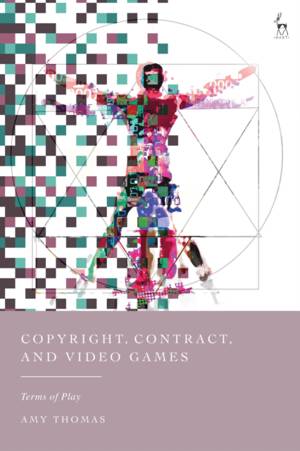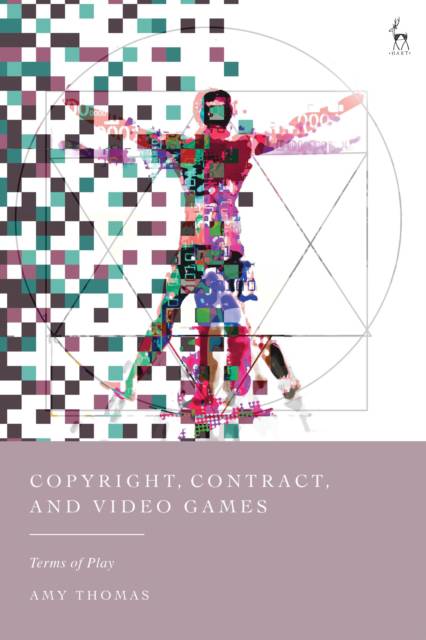
- Retrait en 2 heures
- Assortiment impressionnant
- Paiement sécurisé
- Toujours un magasin près de chez vous
- Retrait gratuit dans votre magasin Club
- 7.000.0000 titres dans notre catalogue
- Payer en toute sécurité
- Toujours un magasin près de chez vous
137,95 €
+ 275 points
Description
This book uncovers how video game contracts act as monologues of power, moulding players to align with proprietary ideologies.
In the era of interactive technologies, the player emerges as a vital yet curiously overlooked figure. While copyright law governs the creation and distribution of these technologies, it sidesteps the player, leaving private contracts to define their role and obligations. Using video games as a case study, this book fills the gap left by copyright law, offering an innovative socio-legal methodology to interrogate and challenge harmful contractual norms. By analysing contracts as a form of critical discourse, the book exposes the contradictions and idealisations embedded in these agreements, which often serve to reinforce industry priorities. It is an essential resource for scholars in intellectual property law, video game studies, and socio-legal research, contributing to pressing debates on user rights and the shifting balance of power in interactive industries. With its fresh perspective on the interplay of copyright, contract, and cultural participation, the book redefines the player's role in a rapidly evolving digital landscape, offering new tools to understand and critique the legal frameworks shaping this most interactive of industries.Spécifications
Parties prenantes
- Auteur(s) :
- Editeur:
Contenu
- Nombre de pages :
- 208
- Langue:
- Anglais
Caractéristiques
- EAN:
- 9781509988068
- Date de parution :
- 14-05-26
- Format:
- Livre relié
- Format numérique:
- Genaaid
- Dimensions :
- 156 mm x 234 mm
- Poids :
- 503 g

Seulement chez Librairie Club
+ 275 points sur votre carte client de Librairie Club
Les avis
Nous publions uniquement les avis qui respectent les conditions requises. Consultez nos conditions pour les avis.





